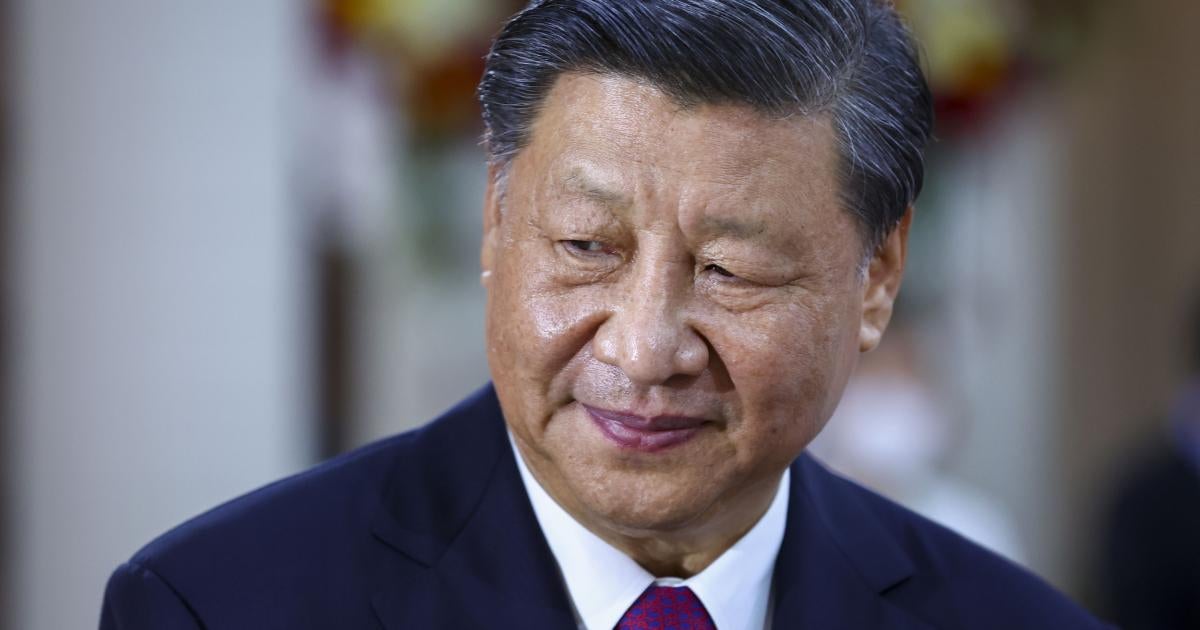Chinese researchers have successfully detonated a non-nuclear hydrogen-based explosive device, marking a significant advancement in explosive technology. The test, conducted by the China State Shipbuilding Corporation (CSSC), involved a 2 kg bomb utilizing magnesium hydride. The explosion produced a fireball exceeding 1,000°C that lasted for approximately two seconds, significantly outperforming traditional TNT in both temperature and duration .
This development represents a novel approach to explosive devices, relying on chemical reactions rather than nuclear processes. The use of magnesium hydride allows for precise control over the intensity and spread of the explosion, offering potential applications in military and industrial fields where controlled detonations are required.
While the Chinese government has not officially commented on the test, the successful demonstration of this non-nuclear hydrogen bomb showcases China’s growing capabilities in advanced explosive technologies. The implications of this development could influence global discussions on arms control and the future of non-nuclear weaponry.
As the international community continues to monitor advancements in weaponry, this test underscores the importance of staying informed about emerging technologies that could reshape security dynamics worldwide.



